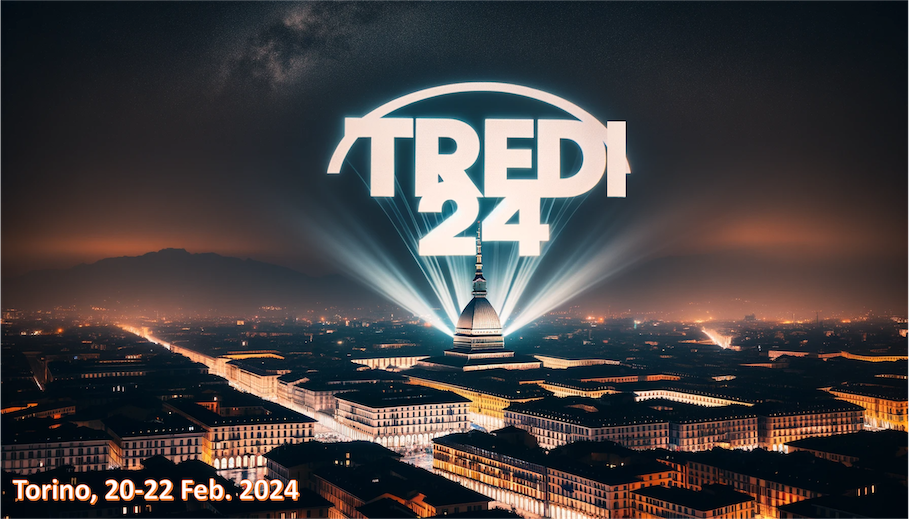Speaker
Description
In the passive CMOS Strips Project, strip sensors were designed by a collaboration of German ATLAS groups and produced at LFoundry in 150 nm technology. Up to five individual reticules were connected by stitching at the foundry in order to obtain the typical strip lengths required for the LHC Phase-II upgrade of ATLAS or CMS trackers. After dicing, sensors were tested in a probe station and their electrical characteristics were measured by various techniques. At last, detector modules were constructed from several sensors and thoroughly studied in a test beam campaign at DESY. All of these measurements were performed before and after irradiation. Passive CMOS strip sensors were also evaluated based on simulated electrical characteristics of the fabricated structures. For this purpose, Synopsys Sentaurus TCAD was used. By simulating the electric field, we are able to look at differences between the three different designs of our sensors. On the macroscopic level we have simulated electrical characteristics that are yielding a satisfactory agreement when compared to measured data. This presentation will provide an insight into the sensor design and a comparison of simulated and measured sensor characteristics before and after irradiation. The test beam results for irradiated and unirradiated passive CMOS strip sensors will be also presented.

